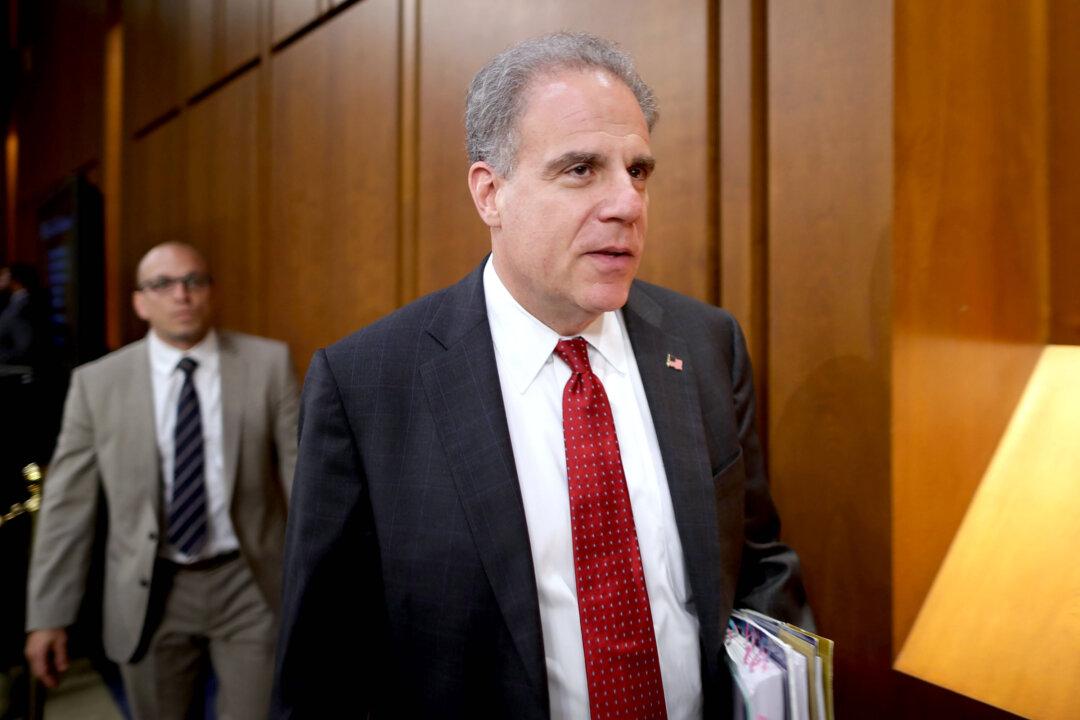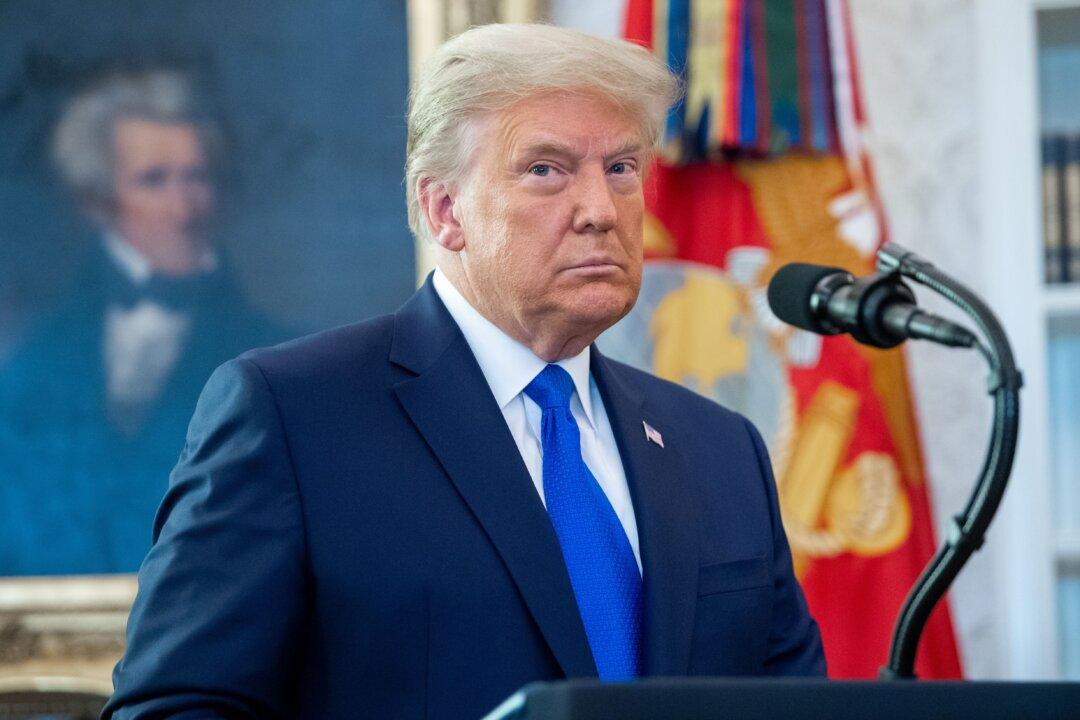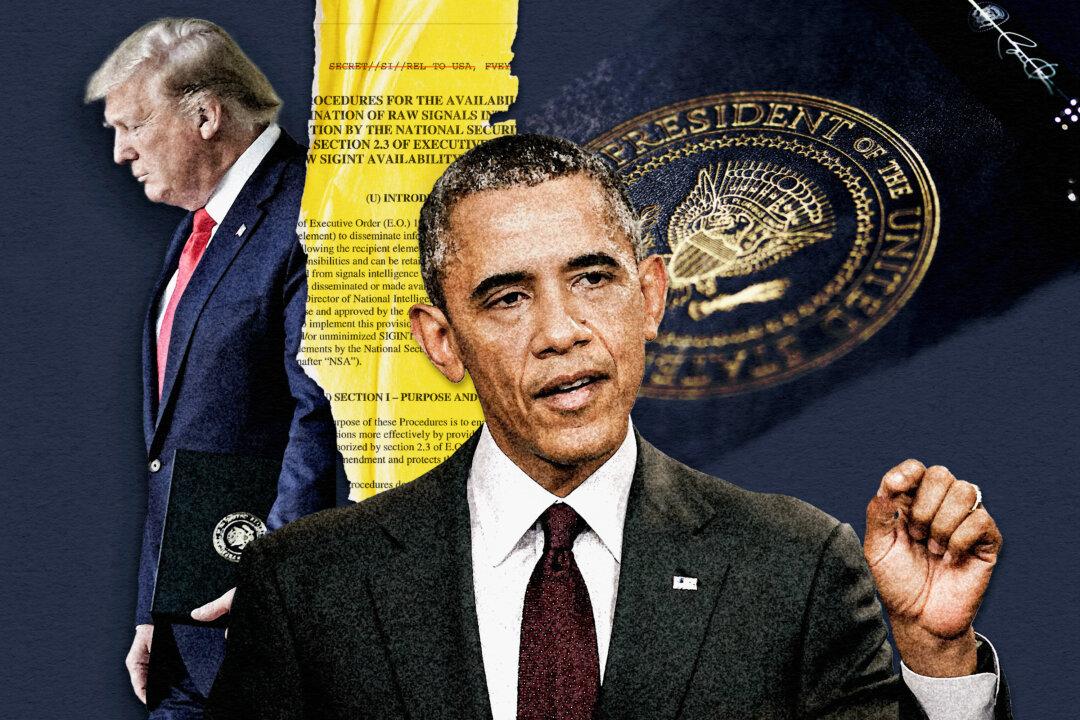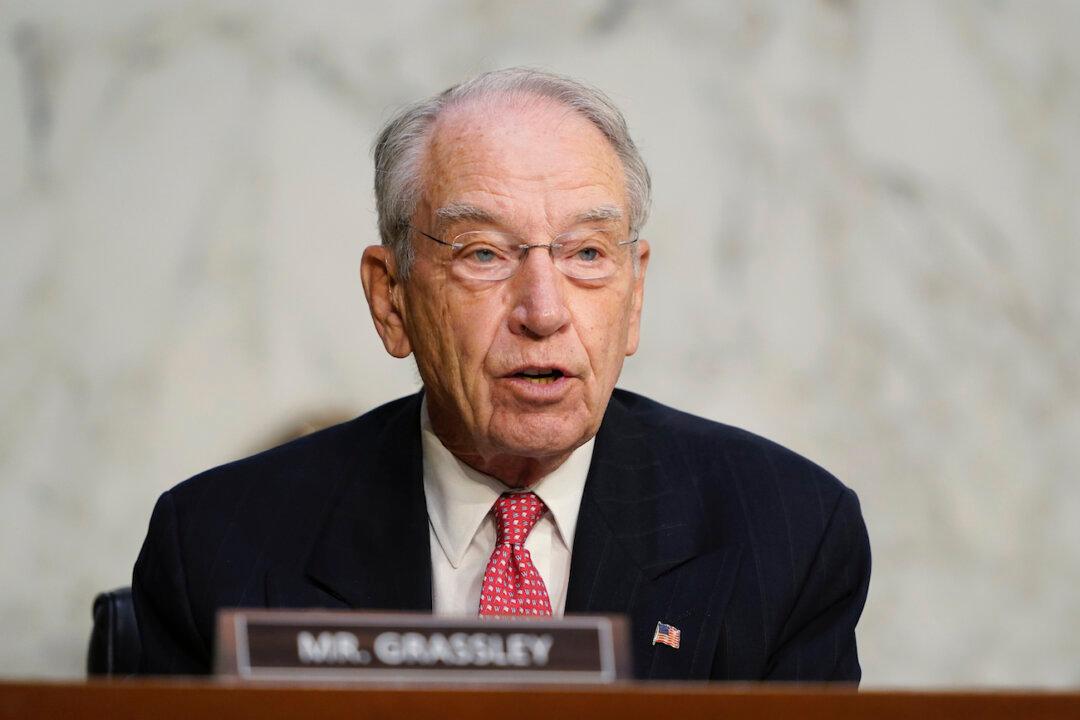A former FBI attorney reportedly referred for criminal prosecution by Department of Justice Inspector General Michael Horowitz—for allegedly altering an email connected to the surveillance warrant on Trump campaign adviser Carter Page—was assigned in early 2017 as “the primary FBI attorney” for the investigation of alleged collusion between the Trump campaign and Russia.
The lawyer, who has been identified as Kevin Clinesmith in media reports, had been incorrectly portrayed by many members of the media as a “low-level” or junior member of the FBI’s legal team.





